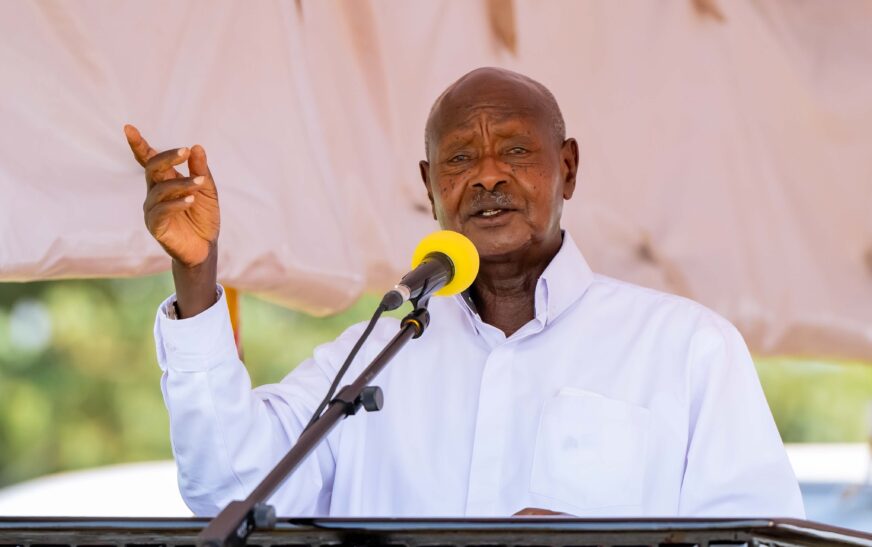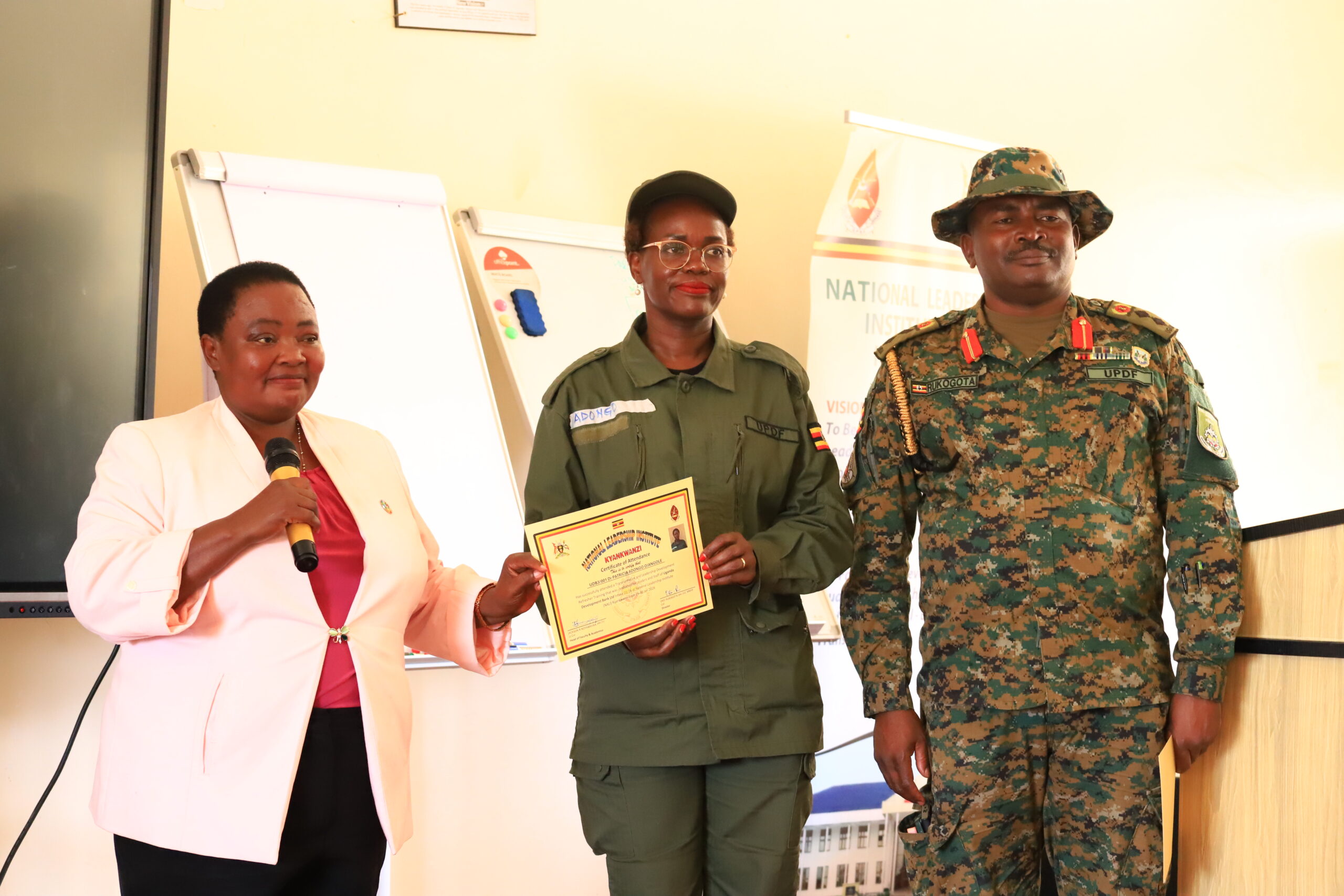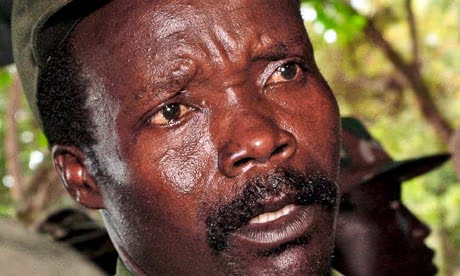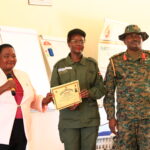President Yoweri Museveni has criticized the Muslim community for their limited participation in Martyrs Day celebrations, despite the historical significance of Muslims who were killed for their faith.
The Uganda Martyrs include 22 Catholic and 23 Anglican converts to Christianity who were executed between January 31, 1885, and January 27, 1887, for their religious beliefs. Martyrs Day is commemorated annually on June 3.
According to researchers and historians, Muslims were actually the first to be martyred in Uganda. In 1875, under the reign of Kabaka Muteesa I, Muslims were executed after refusing to eat meat slaughtered by the king, whom they considered unclean due to being uncircumcised. This and other incidents reportedly led to the deaths of more than 100 Muslims, who are recognized as martyrs or shuhadau by the Uganda Muslim Supreme Council (UMSC).
In the past five years, the tradition of offering dua (prayers) for the shuhadau has been revived, sparking debate within the Muslim community. Some critics have labeled it an innovation (bid’a), while others accuse the organizers of mimicking Christian practices. The UMSC, however, has dismissed these claims, stating that the dua is held to honor Uganda’s Islamic heroes, not to mirror Christian celebrations.
Speaking at yesterday’s Anglican Martyrs Day celebration in Namugongo, President Museveni noted that the government had allocated Shs 2 billion each to the Catholic and Anglican sites for this year’s commemoration and Shs 200 million to the Muslim shrine.
“Since many Ugandans participate, I’m very happy to see all of you coming, walking, and even sleeping here. We are happy to witness this. The government has spent billions to modernize the infrastructure at both the Catholic and Protestant sites,” he said.
Museveni said that the government would support the development of a Muslim martyrs site once the community is ready.
“I’m told some Muslim followers were also killed by Mukajanga,” he said, referring to the chief executioner under Kabaka Mwanga.
During the celebrations, the president also urged Ugandans not to mix politics with religious affiliations.
“Politics concerns our welfare here on Earth, while religion is about our spiritual life here and in the hereafter matters which religious leaders are better positioned to address,” Museveni stated.





















